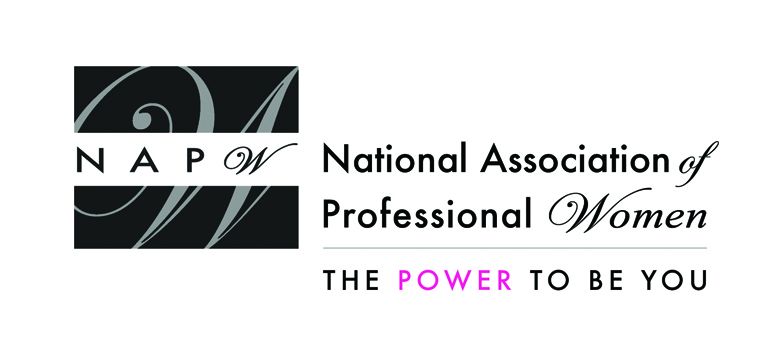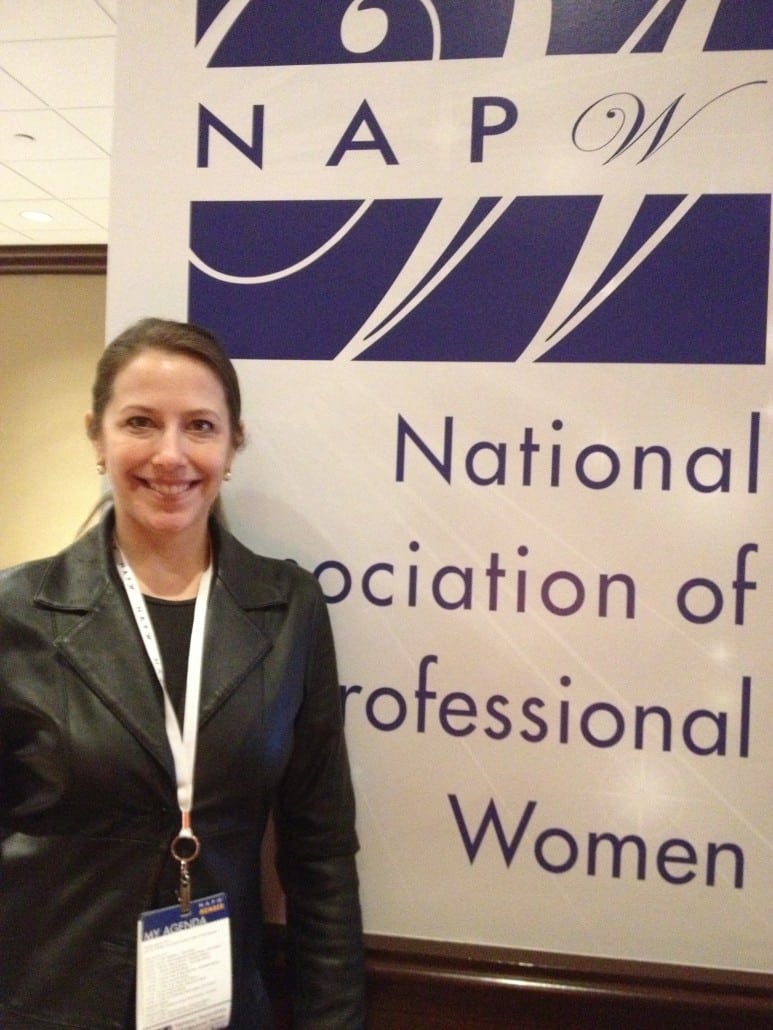National Association Of Professional Women Napw

The landscape of professional networking for women has witnessed significant shifts over the past few decades. Organizations dedicated to fostering female leadership and career advancement have played a crucial role in this evolution.
One such organization, the National Association of Professional Women (NAPW), once a prominent player in this space, experienced a complex trajectory marked by both growth and controversy.
This article delves into the history, impact, and eventual dissolution of the NAPW, examining its contributions to and challenges within the broader context of women's professional development.
A Flourishing Beginning and Rapid Expansion
Founded in 2007, the NAPW rapidly grew into one of the largest networking organizations for professional women in the United States. Its business model focused on membership fees, offering access to online resources, networking events, and various professional development tools.
The organization's initial appeal stemmed from its promise of providing a supportive community and tangible resources to help women advance in their careers.
The NAPW distinguished itself through its expansive reach, claiming a vast network of members across various industries and experience levels. This broad appeal contributed significantly to its rapid growth in its early years.
Value Proposition and Services Offered
The NAPW's core offering revolved around connecting women professionals and providing them with resources to enhance their careers. This included access to online forums, webinars, and local chapter meetings.
Memberships were tiered, with varying levels of access to exclusive content, coaching services, and promotional opportunities. The tiered structure aimed to cater to a wide range of needs and budgets within its target demographic.
The organization also facilitated networking events, both online and in-person, designed to foster connections and collaborations among its members.
Criticism and Controversies Surrounding the NAPW
Despite its initial success, the NAPW faced mounting criticism regarding its business practices and the actual value it provided to its members. Many questioned whether the organization truly delivered on its promises of career advancement and professional development.
Concerns were raised about the high cost of membership relative to the tangible benefits received, with some members alleging that the primary focus was on recruitment rather than substantive support. The organization also faced scrutiny for its marketing tactics, which some perceived as misleading.
"I joined the NAPW expecting to gain valuable connections and resources, but I found the benefits to be largely superficial," said one former member in an online forum.
The Better Business Bureau (BBB) maintained a file on the NAPW, reflecting a pattern of complaints related to billing issues and difficulty canceling memberships. This contributed to a growing perception of the organization as potentially exploitative.
The Acquisition by Professional Diversity Network (PDN) and Eventual Dissolution
In 2016, the NAPW was acquired by the Professional Diversity Network (PDN), a publicly traded company focused on diversity recruitment and career advancement. This acquisition signaled a potential shift in the NAPW's direction and operations.
However, the acquisition did not quell the existing concerns surrounding the organization. In fact, the NAPW eventually ceased operations altogether, a move that left many members disappointed and frustrated.
The reasons for the dissolution were not explicitly stated, but it is widely speculated that the ongoing criticism and legal challenges contributed to the decision.
Legal Scrutiny and Regulatory Actions
The NAPW faced legal scrutiny from various regulatory bodies, including the Federal Trade Commission (FTC). These investigations focused on the organization's marketing practices and membership enrollment processes.
In 2019, the FTC announced a settlement with the Professional Diversity Network, Inc. and its former CEO, alleging that they misled consumers about the value of NAPW memberships and made deceptive earnings claims. The settlement involved financial penalties and injunctive relief.
The FTC's action underscored the importance of transparency and ethical practices in the professional networking industry.
Lessons Learned and the Evolving Landscape of Women's Professional Networks
The story of the NAPW offers valuable lessons for both organizations and individuals involved in professional networking. It highlights the importance of delivering on promises, maintaining transparency, and prioritizing member value above all else.
While the NAPW's model ultimately proved unsustainable, the need for supportive communities and resources for women in the workplace remains strong. Numerous other organizations have emerged to fill this gap, often adopting more sustainable and ethical business practices.
These organizations often focus on building genuine relationships, providing tangible resources, and fostering a culture of mentorship and support.
The rise and fall of the NAPW serves as a cautionary tale within the broader landscape of women's professional development. It underscores the importance of due diligence, ethical business practices, and a genuine commitment to empowering women in their careers.
Looking ahead, the future of women's professional networks will likely be shaped by a greater emphasis on authenticity, transparency, and measurable impact. Organizations that prioritize these values are more likely to thrive and contribute to the advancement of women in the workforce.






